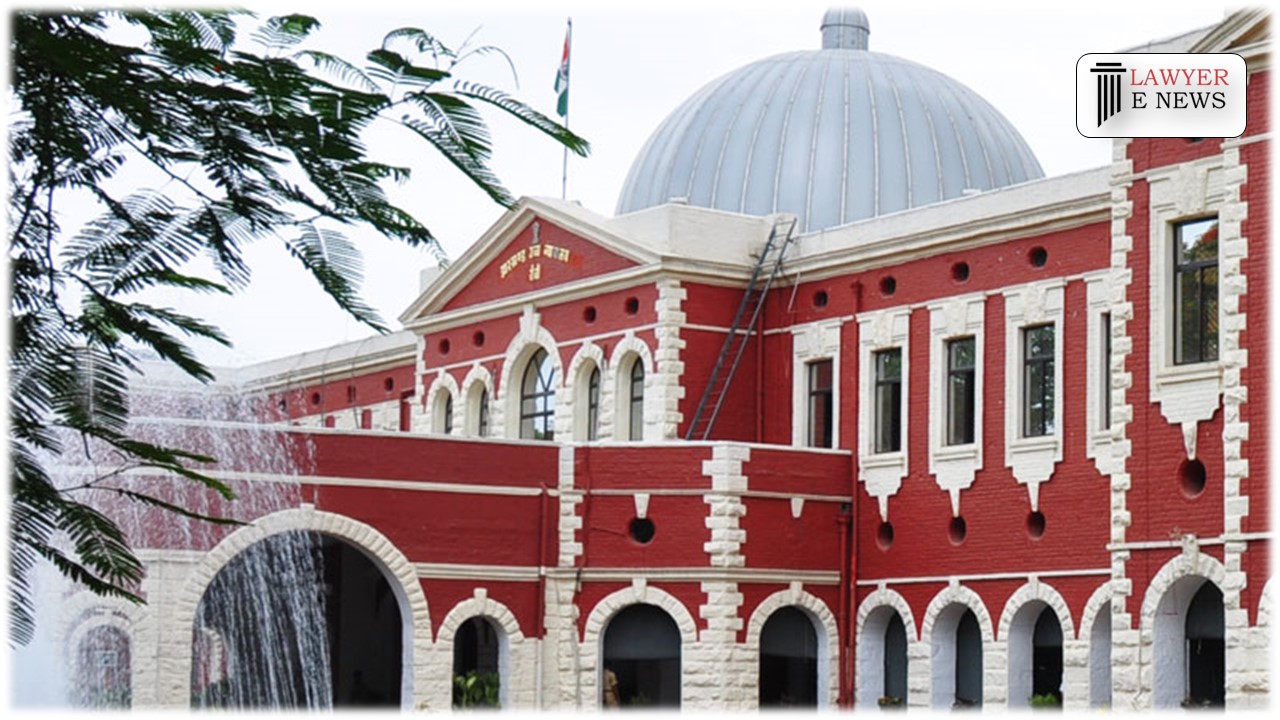-
by Admin
15 February 2026 5:35 AM



The Jharkhand High Court has upheld the reference of a dispute concerning the dismissal of Dharmendra Kumar, a workman, to the Labour Court, Ranchi. The decision, delivered by Hon’ble Mrs. Justice Anubha Rawat Choudhary, emphasizes the distinct jurisdictions of the Labour Court and the Industrial Tribunal under the Industrial Disputes Act, 1947. The court’s ruling underscores that proceedings under Section 10 and Section 33(2)(b) are not overlapping, allowing the Labour Court to proceed with adjudicating the dispute despite pending cases before the Industrial Tribunal.
The petitioner, Usha Martin Limited, challenged the reference made by the State Government to the Labour Court, Ranchi, regarding the dismissal of Dharmendra Kumar. The petitioner argued that the proceedings should be stayed due to pending cases under Section 33(2)(b) and Section 33-A of the Industrial Disputes Act before the Industrial Tribunal. The respondent-workman, Dharmendra Kumar, faced dismissal after allegedly disrupting production and engaging in misconduct during the COVID-19 pandemic recovery period. The State Government had referred the dismissal dispute to the Labour Court under Section 10(1)(c) and Section 10(2A) of the Act.
Credibility of Jurisdiction: The court meticulously examined the jurisdictional scopes of the Labour Court and the Industrial Tribunal, underscoring that the Labour Court’s proceedings under Section 10 and the Industrial Tribunal’s proceedings under Section 33(2)(b) are distinct. The judgment clarified, “The jurisdiction of the Industrial Tribunal under Section 33(2)(b) cannot be equated with that of Section 10 of the Industrial Disputes Act.”
Summary Nature of Section 33(2)(b) Proceedings: The court referenced established judicial precedents to emphasize the summary nature of proceedings under Section 33(2)(b), which involve a two-stage scrutiny to determine the prima facie case and compliance with natural justice principles. The court noted, “Findings in such summary proceedings do not bind the Labour Court’s adjudication under Section 10, which provides a comprehensive mechanism for dispute resolution.”
Evaluation of Evidence: The High Court drew on several Supreme Court judgments, particularly the detailed exposition in John D’souza vs. Kamata State Road Construction Corporation, to highlight the limited scope of Section 33(2)(b) proceedings. The court stated, “An order of approval granted under Section 33(2)(b) has no binding effect in the proceedings under Section 10(1)(c) and (d) which shall be decided independently.”
Independence of Labour Court Adjudication: The judgment reinforced that the Labour Court is not required to stay proceedings merely because related cases are pending before the Industrial Tribunal. This principle was supported by the Supreme Court ruling in Cholan Roadways Ltd. Vs. G. Thirugnanasambandam, which delineates the independent adjudicatory powers of Labour Courts under Section 10.
Justice Anubha Rawat Choudhary remarked, “The Labour Court or Tribunal, while holding enquiry under Section 33(2)(b) cannot invoke the adjudicatory powers vested in them under Section 10(1)(c) and (d) of the Act, nor can they in the process of formation of their prima facie view under Section 33(2)(b), dwell upon the proportionality of punishment.”
The Jharkhand High Court’s decision underscores the judiciary’s commitment to maintaining the distinct and independent jurisdictions of the Industrial Tribunal and Labour Court under the Industrial Disputes Act, 1947. By allowing the Labour Court proceedings to continue despite pending cases under Section 33(2)(b) and Section 33-A, the judgment reinforces the procedural integrity and comprehensive adjudication of industrial disputes. This ruling is expected to have significant implications for future cases, ensuring clarity in the overlapping yet distinct jurisdictions of industrial adjudicatory bodies.
Date of Decision:14th May 2024
Management of Usha Martin Limited
